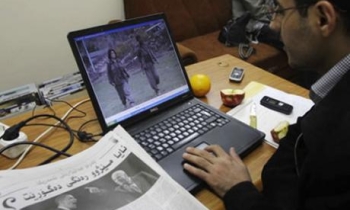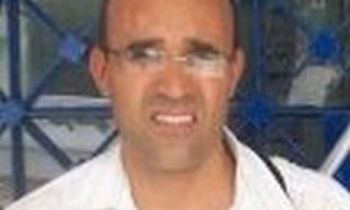PARAMARIBO, Suriname: In an unprecedented ruling, a judge in Suriname on Tuesday ordered newspaper De West’ to advertise a correction in another daily newspaper, De Ware Tijd’. The ruling came after the Currency Board started a libel suit against the newspaper.
Judge John von Niesewand also imposed a fine of US$1,800 for each day the newspaper refuses to comply with the order. Meanwhile De West’ has submitted the rectification to De Ware Tijd’, but the latter newspaper has so far refused to publish it.
"This ruling is an attack against freedom of the press and we all have to fight against this, otherwise we (the media) are doomed," said editor-in-chief and managing director of De West’, George Findlay.
The editor further noted that never before in the world has a media house been ordered to rectify their own story in another publication. According to Findlay the demand of the Currency Board is designed to ridicule his newspaper and meant to intimidate journalists not to write about wrongdoings by the board.
This development could lead to self-censorship, he fears.
The lawsuit was closely followed by local media, international organisations, the American embassy, human rights organisations, the OAS and regional media organizations.
In an article published in August this year, De West’ accused the Currency Board of issuing licenses to export gold only to individuals who were willing to pay bribes "under and above the table".
The newspaper couldn’t substantiate these allegations and subsequently retracted that story and carried a rectification and apology to the Currency Board on its front page.
However, this was not enough and the Board has sought an agreement with the editor of the newspaper to sign a Memorandum of Understanding, that the paper would never again publish stories about the Board unless sanctioned by the Board. Also the board wanted corrections published in other newspapers.
Findlay rejected that, saying other publications had nothing to do with the conflict. Signing an agreement with the Board to seek authorization before publishing stories about this institution would lead to censorship, the newspaper boss argued. "We will never do this. This is unacceptable. We won’t cooperate to muzzle the press," said Findlay.
According to Freddy Kruisland, attorney for the Currency Board, the judge probably saw fit to order rectification in another widely distributed newspaper to restore the board’s sense of honor damaged by the disputed newspaper report.
Legal experts are baffled over the ruling since, according to them, a judge can’t order one entity to involve other parties in carrying out a court order they have nothing to do with. They argue that the ruling could lead others also to seek rectification in other newspapers or media than the ones involved in any legal matter.









